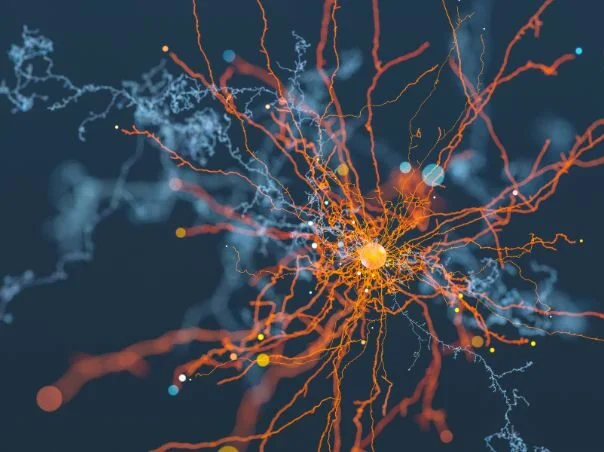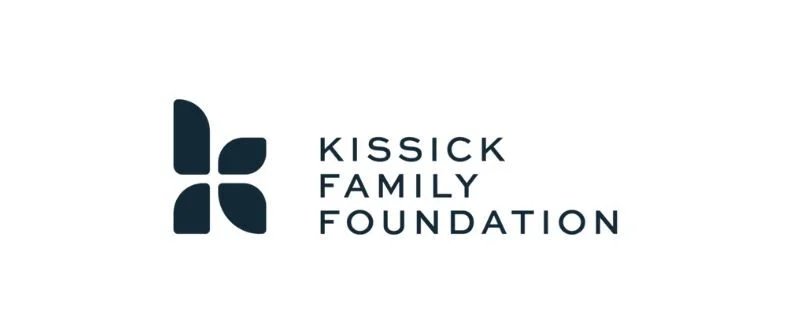
Breakthrough Research in ALS
SPARC partnered with Tambourine PhilanthropiesTambourine ALS Breakthrough Research Fund to support innovative early stage research into amyotrophic lateral sclerosis (ALS) through the ALS Breakthrough Research Fund.

Our brains shape everything about us—our memories, emotions, personalities, and the way our bodies function. Yet over 600 known brain disorders affect one in six people, disrupting not only our physical health but also our sense of self.
Because of the brain’s complexity, neurological disorders remain among the most challenging conditions to predict, diagnose, and treat. Progress demands bold investment in cutting-edge neuroscience and a clear path to deliver breakthroughs to the people who need them.
Science Philanthropy Accelerator for Research and Collaboration (SPARC) partners with funders to target high-impact opportunities where philanthropy can accelerate progress in brain health. We break through research roadblocks, bridge gaps across disciplines, and catalyze innovation in diagnostics and treatment—paving the way toward a future where better brain health is within reach for all.


SPARC partnered with Tambourine PhilanthropiesTambourine ALS Breakthrough Research Fund to support innovative early stage research into amyotrophic lateral sclerosis (ALS) through the ALS Breakthrough Research Fund.

SPARC has worked with the Kissick Family Foundation since 2022 to advance research into frontotemporal dementia (FTD) through the Kissick Family Foundation FTD Grant Program.

This panel at the 2025 Milken Institute Global Conference discusses innovative techniques to diagnose and treat neurological conditions, including leveraging AI and big data.

Childhood brain cancers are among the rarest and most difficult to treat, but new models of collaboration are changing what’s possible. This article explores how philanthropy, advocacy, and cross-sector partnerships are breaking down barriers and accelerating progress toward better treatments.
This 2024 Future of Health panel explores how lifestyle choices and early screening can help prevent neurodegenerative diseases, alongside new advances in dementia diagnostics and treatments.